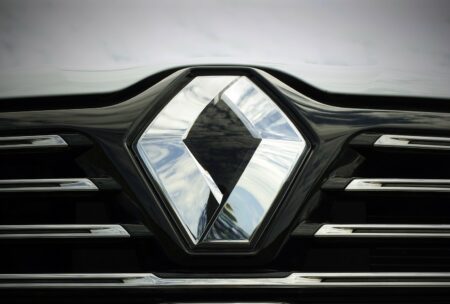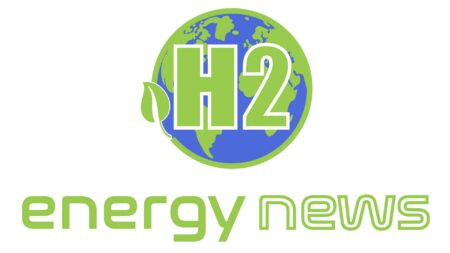Luca de Meo, a senior European executive at Renault, has publicly supported hydrogen as a crucial part of transitioning to net-zero emissions. Alongside eFuels, hydrogen is seen as an alternative to the currently dominant battery-powered approach.
Browsing: Renault
Fallin to get £20 million hydrogen fuel hub Plans revealed last week might result in the creation of a £20…
In a significant move following their framework agreement, Geely and Renault have solidified their partnership by signing a binding joint venture agreement for the establishment of a new combustion engine company.
Renault has made waves in the automotive industry with the introduction of its latest concept car, the Scenic Vision.
Hyvia, the joint venture between the Renault Group and Plug Power, has introduced the Renault Master Van H2-TECH in Spain, showcasing the French manufacturer’s green hydrogen-powered van.
The only country where Renault is currently selling hydrogen-powered vans is France. The automaker will travel to the Netherlands this summer with the hydrogen vehicle.
The Renault company has chosen Punch Torino, a renowned center of expertise for propulsion systems and electronics, for the development of diesel and hydrogen engines.
The automobile, nicknamed the ‘Scenic Vision,’ would not be commercially available until 2030-2032, according to Renault. In 2024, a completely electric version will be available.
According to the company, the system will be demonstrated in a traditional 3.5-ton panel van with a 12 m3 loading space based on the Renault Master, which is expected to have a range of up to 500 kilometers when equipped with the system, with 100 kilometers being battery-electric. Overall, the company believes that clients with high load or speed needs, as well as those who want quick refilling and charging periods, will find fuel cells in light commercial vehicles to be useful. A compact and moderate 30 kW fuel cell and four H2 tanks with a capacity of 1.5 kg each are housed in the roof area of the vehicle, which is based on a battery-electric 3.1-ton Master E-Tech with a 57 kW electric motor, which is available as both a box and chassis, as well as a 33 kWh lithium-ion battery (3.7 kW AC charger).
Plastic Omnium, which creates gasoline tanks for regular cars, is pushing out into sectors like hydrogen, which can also be used to generate electricity through fuel cells.



